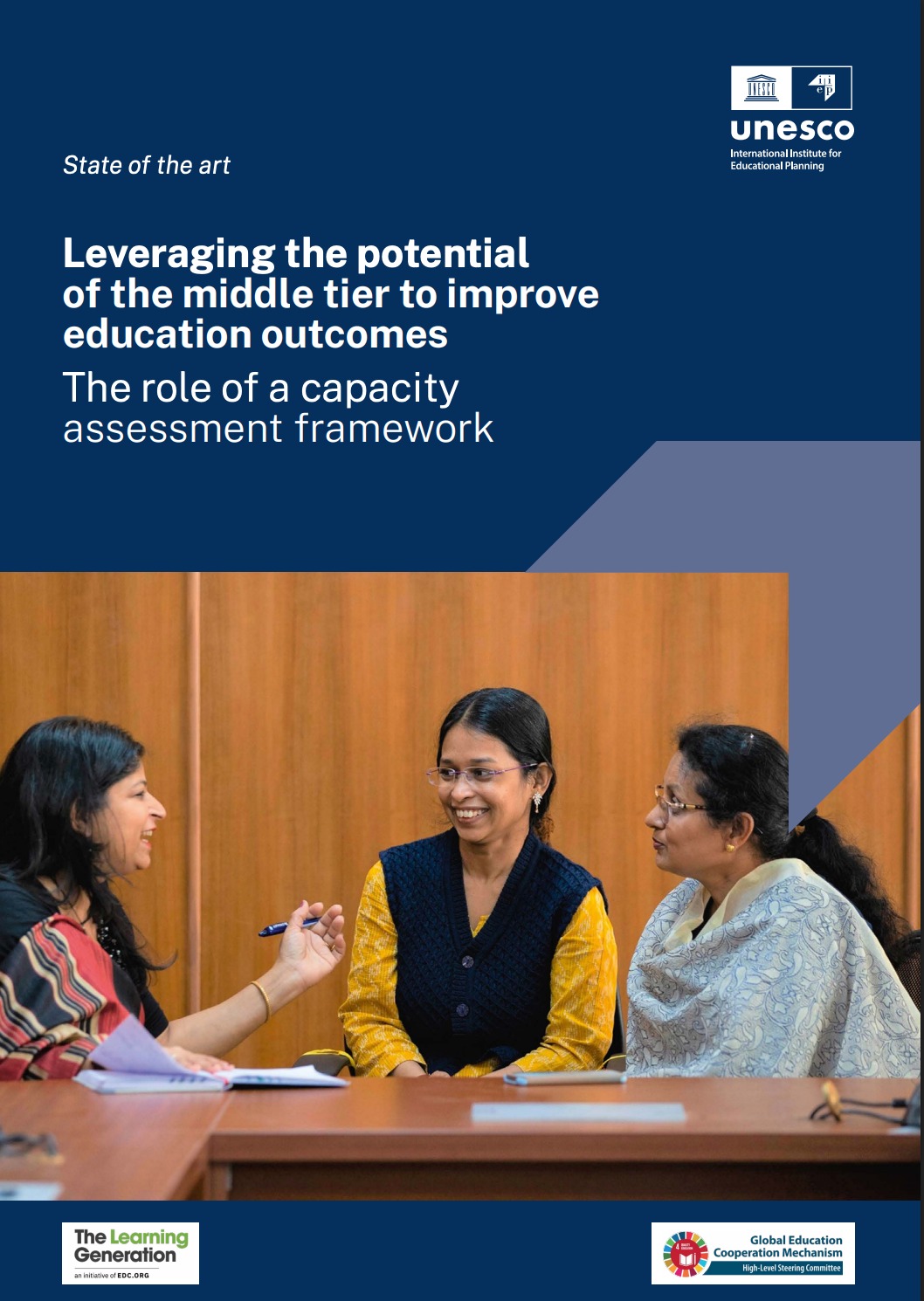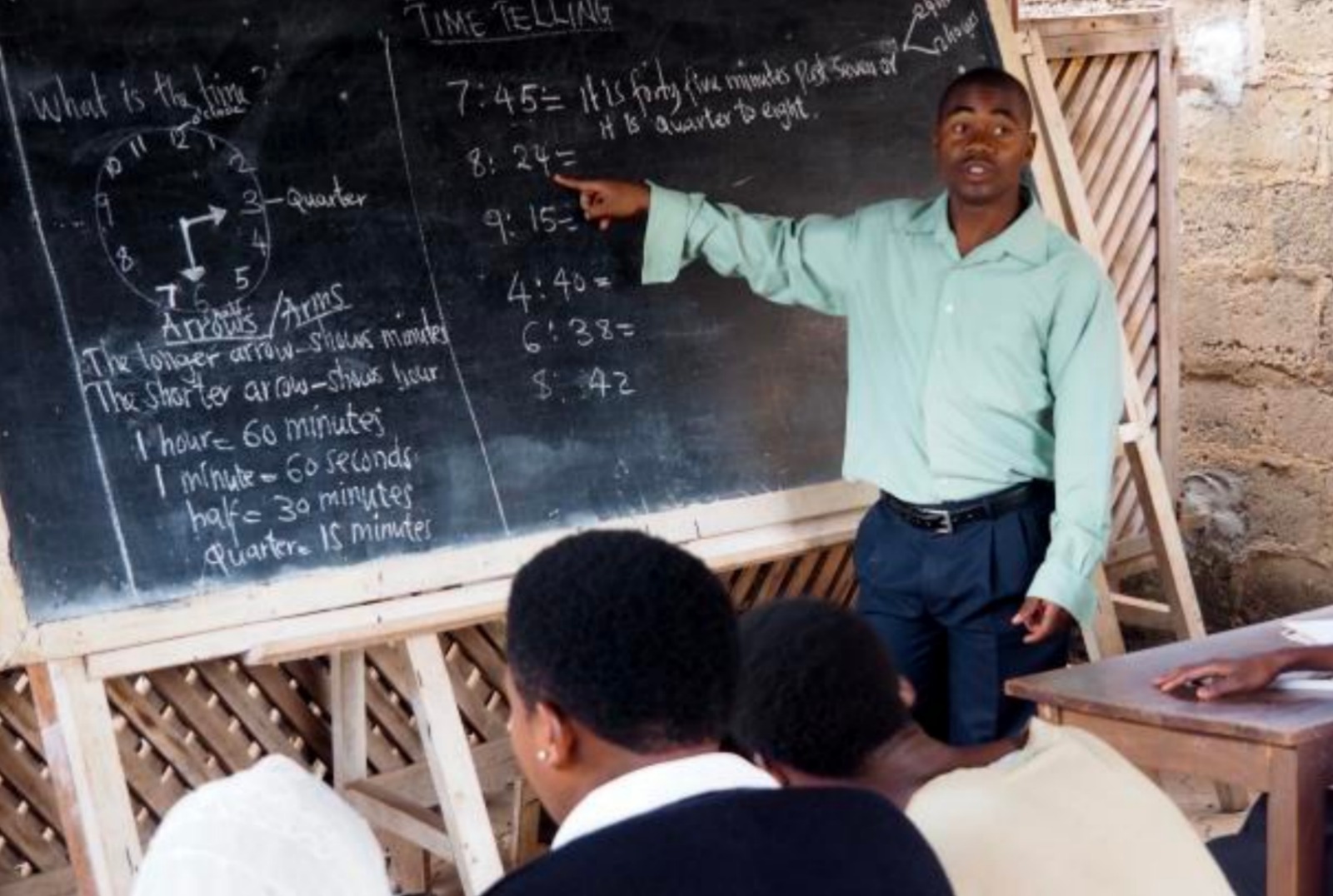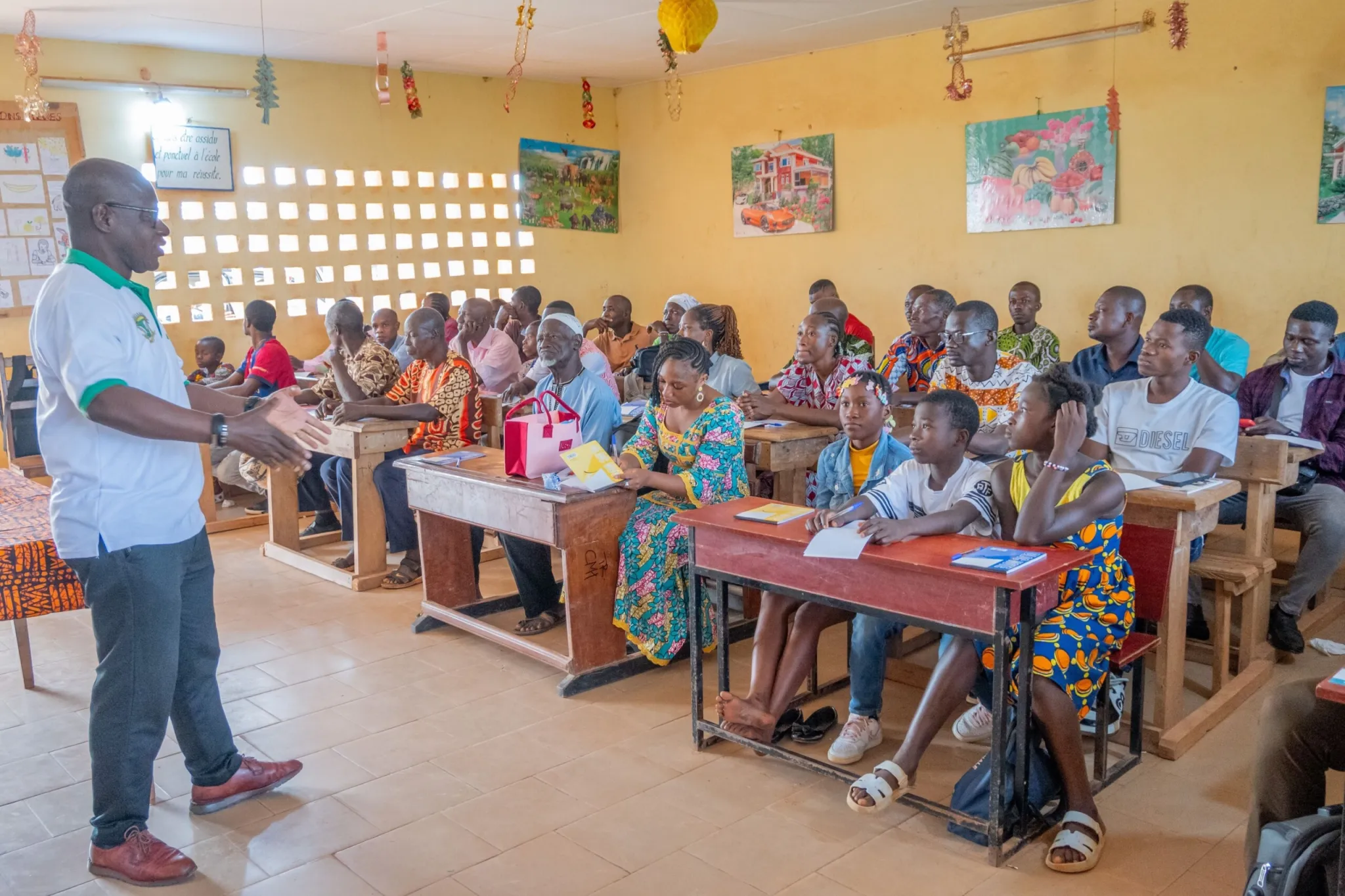The middle tier is a critical but underused driver of education reform. We explore its role in East Africa.
Many East African countries have launched ambitious reforms of their national education systems, particularly in curriculum and assessment, to improve learning outcomes. Yet challenges remain in translating these reforms into meaningful classroom changes, and foundational learning continues to lag. A critical factor in successful reform implementation is an education workforce that is well-selected, prepared, and supported. One often overlooked group in this workforce is middle-tier system leaders. These are the professionals working directly with schools, such as Curriculum Support Officers in Kenya and District Education Officers in Tanzania.
A joint publication, by the UNESCO International Institute for Educational Planning and Learning Generation Initiative,Leveraging the potential of the middle tier to improve education outcome, presents a synthesis of current evidence and seeks to inform future research and action. The publication outlines key functions, capacity gaps, and a new assessment framework to help governments strengthen the middle tier.

The importance of their role was highlighted at the East African Community Inaugural Conference on Education, held in August 2024 in Arusha (Tanzania), which brought together practitioners and researchers. During a workshop organized by The Learning Generation Initiative (LGI) and IIEP-UNESCO, participants examined the role of the middle tier in education systems, uncovering emerging evidence on its critical contribution to advancing foundational learning outcomes.
During the workshop, Deborah Kimathi discussed the rationale behind the joint IIEP/LGI call for more attention to this level of the education workforce, emphasizing ongoing constraints and the lack of concerted strategies to address them. Suguru Mizunoya, IIEP’s Technical Team Lead, presented initial findings from a capacity assessment of middle-tier staff and structures in Pakistan, and participants heard insights from the LGI’s Champions Teopista Birungi Mayanja and Baela Raza Jamil.
Participants also heard from middle-tier systems leaders from two East African countries, who shared their own experience of supporting education reforms and bolstering foundational learning. Throughout the session, workshop participants had the opportunity to raise and discuss critical questions, reflect on the evidence and experiences shared, and collectively explore how the role of middle-tier systems leaders can be better understood with evidence and supported in pursuit of stronger foundational learning.
Key insights on the role of the middle tier
Workshop participants unanimously agreed that there is significant, and often untapped potential, within the middle tier:
- The middle tier should be policy developers, not just policy implementers: While middle-tier officers see themselves as policy implementors, they are not often engaged in policy development. As field officers, they have a rich understanding of the realities of implementation on the ground, but their perspective is often not taken into consideration.
- Data-driven decision-making is the key to success: Middle-tier officers who can undertake evidence-driven decision-making can thrive. However, there is a real lack of clarity as to which data they should be collecting, how they should be collecting it, and its effective use. Some officers spoke of the need to have their capacity strengthened so that they can nurture a culture of evidence use within schools and districts for the improvement of learning outcomes.
- Innovation to overcome challenges can make a difference: Middle-tier officers who harness innovation can creatively address highly contextualized challenges such as a lack of ongoing professional development for teachers, crowded classrooms, and parental engagement.
Challenges limiting middle tier impact
Despite their potential, middle-tier leaders face numerous challenges. We heard directly from middle-tier officers that their work is often hampered by outdated policies, teacher shortages, and a lack of critical infrastructure such as office space and basic IT equipment.
Middle tier officers are often tasked with oversight and support for large numbers of schools. We heard from one officer who currently manages 651 primary schools, 353 secondary schools, and one Teacher Training Institution, yet they are also typically poorly resourced and supported. Additionally, they are expected to complete a long list of administrative tasks and respond to the needs of many, sometimes conflicting, development partner-funded programmes. Their role is complex, and they need additional support and capacity to strategically prioritize learning.

Moving forward: Building a stronger middle tier
To maximize the impact of the middle tier, more evidence and strategic support are needed so that governments can:
- Budget adequately with a clear sight of which investments in the middle tier are cost-effective and will enable efficient and impactful collaboration with development partner programming.
- Invest in effective professional development for the middle tier, offering opportunities that are tied to career development and mechanisms of support and accountability.
- Design data systems that can be easily used to inform action and targeted support for improvements in teaching and learning, and equity and inclusion.
- Engage middle-tier officers as policy influencers, drawing on their experience, data, and expertise to inform policy design, which can, in turn, ease policy implementation in schools and classrooms.
- Nurture the agency of middle-tier officers. Agency needs to be both intrinsically motivated and granted by the system.
A joint publication Leveraging the potential of the middle tier to improve education outcomes presents a synthesis of current evidence and seeks to inform future research and action. The publication outlines key functions, capacity gaps, and a new assessment framework to help governments strengthen the middle tier.
Subscribe to the IIEP newsletter to receive our publications, news, and other opportunities. Subscribe to the LGI newsletter to keep up to date with our latest research, events and projects.


